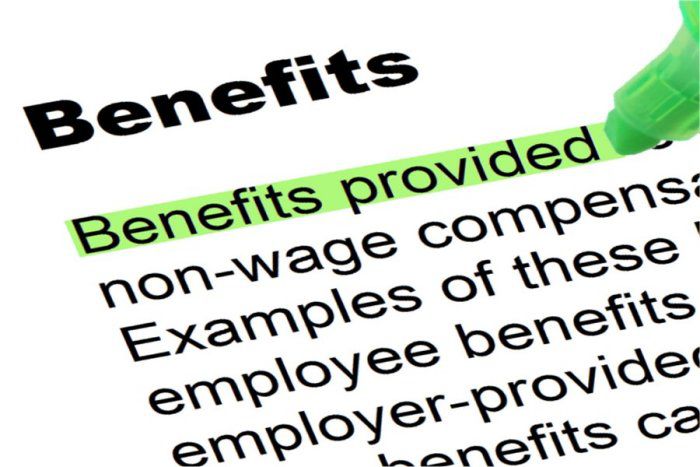
#Works
What is an employer-sponsored plan?
An employer-sponsored plan (ESP) is a benefit offered to employees at reduced or no cost. Examples include health insurance, a 401(k) retirement savings plan, and a health savings account (HSA).
Such plans are valuable job perks. The federal government adds incentives through tax credits for participating employers, employees, or both.
Key takeaways
- Employers offer employer-sponsored plans to attract and retain workers.
- The federal government is adding incentives including tax credits to encourage its adoption.
- The most popular plans offer affordable health care and retirement savings incentives.
Understand employer-sponsored plans
A wide variety of employer-sponsored plans are available, but the most frequently offered benefits provide affordable health care and retirement savings accounts.
- Retirement savings plans like 401(k) allow employees to automatically direct a portion of their paychecks into long-term savings accounts while protecting the money from taxes until they withdraw it.
- Employee health insurance plans offer affordable rates on group plans for individual and family coverage.
- Health savings accounts allow employees to set aside money from their paychecks to pay for basic health care costs not covered by insurance.
Tax advantages of employer-sponsored plans
Contributions to a traditional 401(k) plan are made using pre-tax dollars. That is, the money flows into the employee’s account without deducting taxes first. Taxes will only be due when the funds are withdrawn, presumably after the employee retires.
There is a double benefit to this type of plan: the employee can put more money into the account when taxes are not deducted, and the employee’s annual income for the year (and taxes due) is reduced.
An alternative to the traditional plan is the Roth IRA. In this case, the funds are taxed before they are transferred to the account but no additional taxes will be due after the employee retires.
Some employers contribute to their employees’ retirement accounts as an added benefit.
Health plans
Some types of employer-sponsored health plans also offer tax benefits. One example is a health savings account (HSA), which is paired with a high-deductible health plan (HDHP).
An HSA is a savings account for qualified medical expenses. Contributions are “pre-tax,” interest grows tax-free, and withdrawals for qualified medical costs are also tax-free. And unlike flexible spending accounts (FSAs), the money in your HSA rolls over from year to year.
Some HSA accounts function as primary savings accounts that pay interest. Depending on the provider your employer works with, you can direct your money into HSA investment accounts that offer different mutual fund options just like you would with a 401(k) plan.
However, most companies require the participant to invest a specific amount in an underlying HSA account before directing the funds to an HSA investment account. In this sense, an HSA works like a 401(k) for medical expenses. Money withdrawn for other purposes is subject to tax.
Is the employer required to provide health insurance?
Companies with more than 50 full-time employers are required by federal law to offer health insurance.
Small business owners are incentivized to offer health insurance through several federal programs such as the Small Business Health Options Program (SHOP).
Is the employer required to provide a retirement plan?
The federal government does not require employers to offer a retirement savings plan. However, 10 states have state-sponsored retirement plans for residents, and several others have considered mandating retirement benefits to some extent. A number of states, including California, Illinois and Virginia, impose penalties on companies that do not offer any retirement savings plans.
How do I get a Health Savings Account (HSA)?
You are eligible for a Health Savings Account (HSA) only if you have a high-deductible health plan. One of the best uses of the plan is to cover the deductibles you have to pay for health care.
Bottom line
Employer-sponsored plans, if good, are a great incentive to stay on the job. Employer-sponsored basic plans provide affordable health care and help people save for retirement. The federal government offers tax incentives to both employers and employees to participate in some of these programs.
#Works


![[Exclusive] - From new technology to Sui Ishida's art - Tokyo Ghoul EX. is set to revive the fandom 4 [Exclusive] - From new technology to Sui Ishida's art - Tokyo Ghoul EX. is set to revive the fandom](https://en.worldtrnd.com/wp-content/uploads/2024/11/Exclusive-From-new-technology-to-Sui-Ishida039s-art-390x220.jpg)

